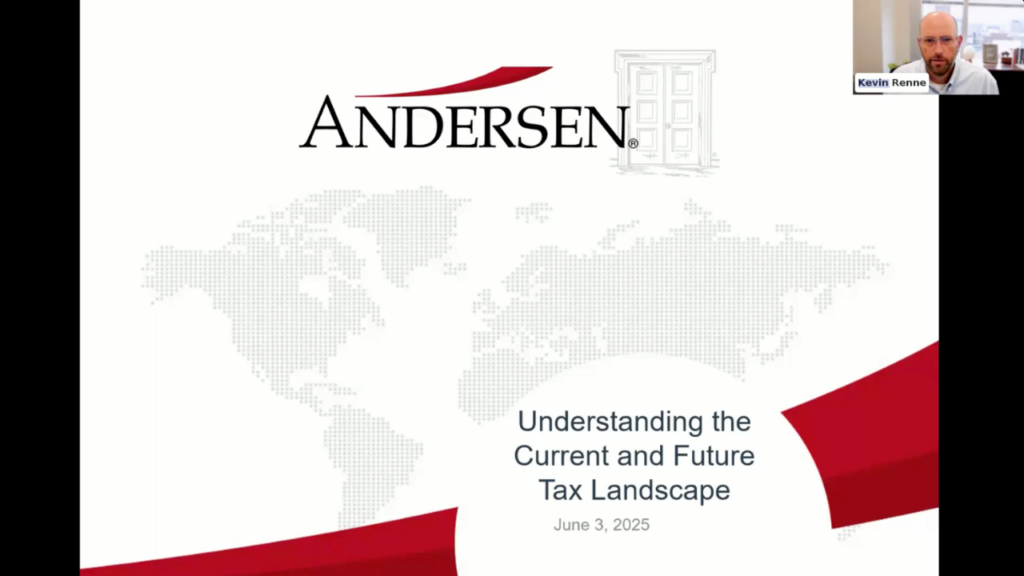If you’re like most business owners, you spend the vast majority of your time “in the business”: carefully watching inventory, overseeing and mentoring personnel, handling payroll, and tending to the dozens of other tactical concerns that every business has to manage, day in and day out, in order to remain successful.
But especially for owners of mature businesses, it’s just as vital to spend time “on the business” and on “life after the business”: giving careful thought to more long-term and strategic matters that will determine the path forward for your business and your life, even after you’re no longer actively managing (or owning) it. One of the most important of these is your estate plan and how your business fits into it. Matters like business transition or exit planning, leadership transitions, disposition of the interests of partners and other stakeholders, and even taxation are vital for making a smooth handoff when the time comes, not to mention guaranteeing the viability of any legacy considerations you may have in connection with your business.
It’s important to recognize that many business owners have no estate plan whatsoever—not even a basic will. In a recent survey of more than 500 small businesses, over 30% of business owners said they had no such plan in place. If you die without a will, your state has its own estate plan that will govern the disposition of all your assets, including your business—and the state’s plans are unlikely to agree with what you would choose.
All businesses need a buy-sell agreement in place that specifies how the business interests will transfer and how that transaction will be funded. Proper estate planning can incorporate life insurance or a combination of other means to ensure that, in the event of the death of one or more equity owners, their families will be fairly compensated for their interests and the assets of the business will not be unduly hampered in the process.
Proper estate planning for your business should also include succession and / or exit planning that incorporates important considerations, including
- development, training and support of those who will assume leadership;
- delegation of responsibility and authority;
- outside directors, where appropriate;
- retention of key employees;
- preparation for the optimal timing and liquidity value of the transfer, especially if it is to occur during the present owner’s lifetime;
- and many other important concerns.
Estate taxation strategy is another vital aspect of estate planning for your business. Depending on the specifics of your business (value of it, operational risks, and other considerations) and the key persons involved, it may be advantageous to structure a trust to hold the assets of the enterprise and maintain ownership interest for the benefit of persons you choose, such as children or other beneficiaries. You may even wish to place the business in a trust that will continue to provide an income during your lifetime and also shield your heirs from estate tax liability in the event of your passing.
For all these areas of concern and others, it’s also vital for you to re-visit your estate plan and documents on a regular basis—ideally, every several years—because your business is not static. As it continues to grow in value and as key stakeholders come and go, you may need to re-assess funding, taxation, ownership, and other needs. That’s why it’s wise to establish a schedule for meeting with your financial, taxation, legal, and other important advisors to make sure your estate planning strategy is still adequate for helping you “pass the torch” in an orderly and appropriate way, when the time comes.




















